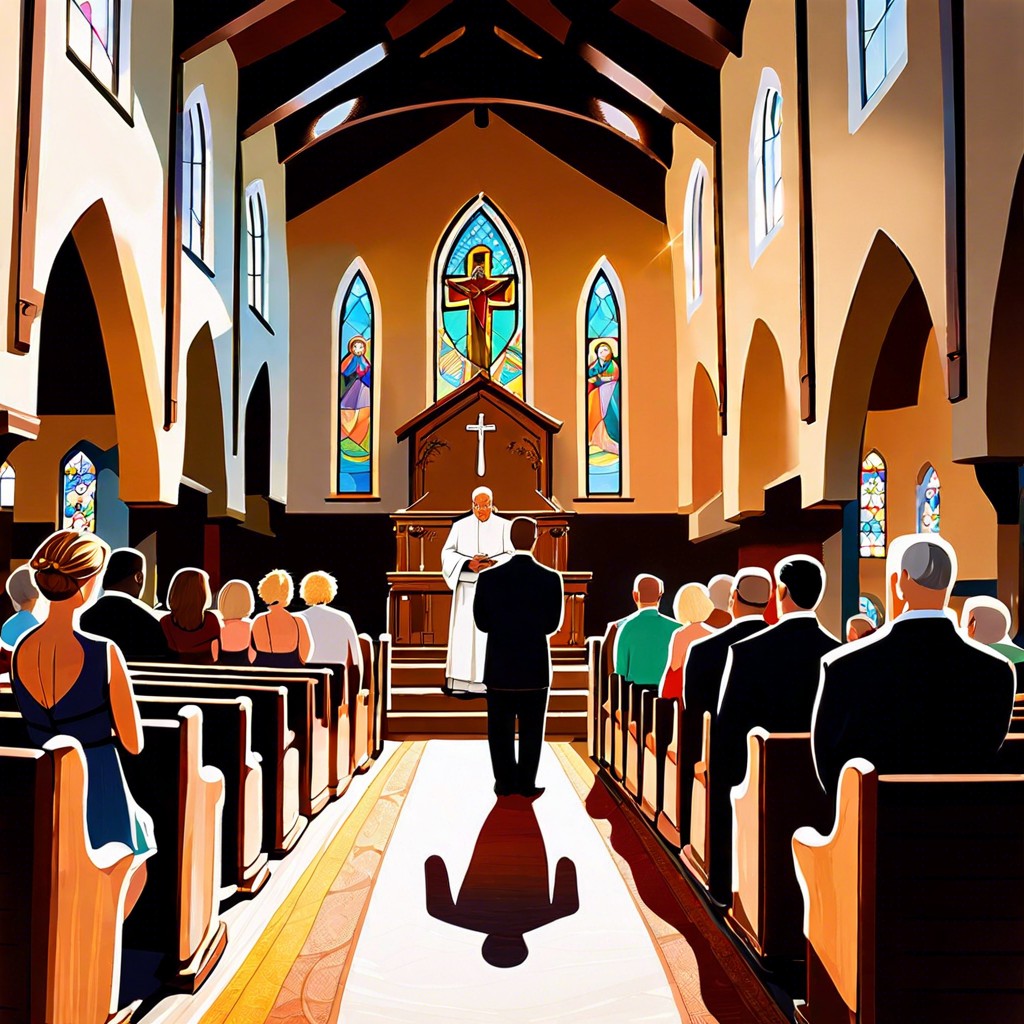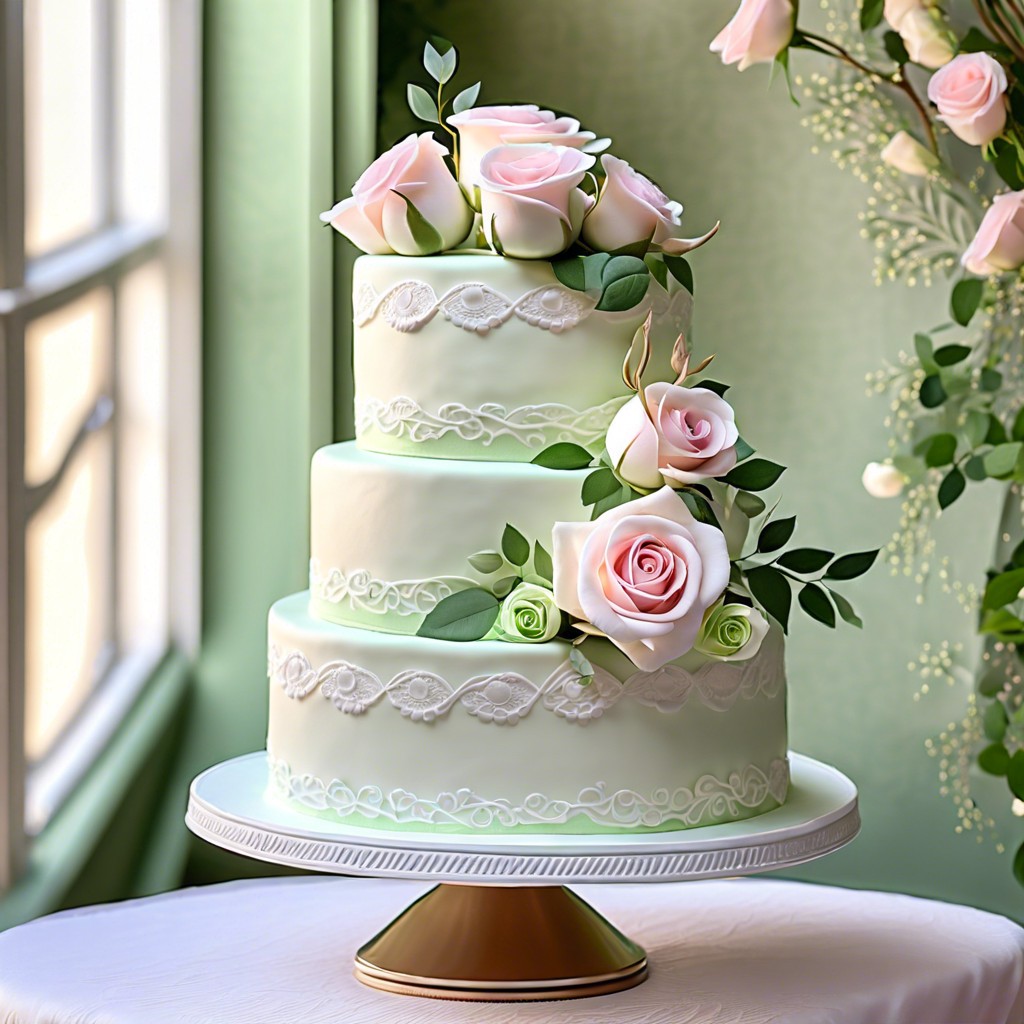Discover what factors into the cost of a wedding and how to anticipate your budget for the big day.
Key takeaways:
- Average U.S. wedding cost: ,000-,000
- Location impacts wedding cost
- Personal touches increase total cost
- Averages skewed by luxury weddings
- Your budget should reflect what is manageable for you
Average Cost of a Wedding in the U.S

Understanding the financial outlay for weddings helps in setting realistic budgets and expectations. As of the latest data, couples in the U.S. typically spend between $30,000 and $34,000 on their wedding day. However, this number can fluctuate notably based on factors like guest count, venue, and personal preferences.
Key points to consider:
- This average includes all the basics such as venue, catering, photography, and attire.
- Location is a major influencer—the average cost in urban areas often exceeds that of smaller towns or rural locations.
- Personal touches, while wonderful, can quickly increase the total cost.
- Keep in mind that averages can be skewed by extremes—luxury weddings often drive the average up.
- Remember that your wedding is personal, and your budget should reflect what is manageable for you, not just the average.
By maintaining a clear perspective on these points, you can create a financial plan that aligns with your wedding vision and individual circumstances.
Breakdown of Wedding Expenses
Understanding where your wedding budget goes helps in prioritizing expenses effectively. Here’s a breakdown of the typical cost categories:
- Venue: This is often the largest expense, covering the ceremony and reception location fees.
- Catering: Food and beverage costs can vary greatly depending on guest count and dining style.
- Attire: Budget for the wedding dress, suit, accessories, and alteration fees.
- Photography and Videography: Capturing your special day professionally comes at a price but preserves memories for a lifetime.
- Flowers and Decor: From bouquets to centerpieces, these details add ambiance to your celebration.
- Entertainment: DJs or bands provide the soundtrack for your festivities, and their cost can depend on their notoriety and performance time.
- Invitations: Printed invites, RSVP cards, and postage factor into communication expenses.
- Transportation: Consider the cost of getting you and the bridal party to the venue in style.
- Officiant: Don’t forget the fee for the person who will be officiating your ceremony.
- Wedding Planner/Coordinator: Professionals to help plan or run the day can be a worthy investment for peace of mind.
Remember, these categories will reflect your personal choices and can be adjusted based on your budget and preferences. Choose what matters most to you, and allocate funds accordingly.
Ways to Save Money On Your Wedding
Opt for a less traditional day or season for your celebration. Weekdays and off-peak months can significantly reduce venue costs.
Limit your guest list. A smaller wedding not only cuts down on catering and venue expenses but also can create a more intimate atmosphere.
Consider digital invitations. In the age of technology, e-vites are an acceptable and cost-effective alternative to printed invitations.
Choose a venue that doesn’t require you to use their vendors. This freedom allows you to shop around for better pricing on catering, photography, and other services.
Look for a dress off the rack or at sample sales, and explore suit rentals for attire that likely won’t be worn again.
Replace a full dinner with a brunch, lunch, or cocktail reception, which generally cost less than an evening meal.
Decorate with items that are inexpensive or easily DIYed, like candles, lanterns, and seasonal flowers, to add charm without the high price tag.
Forego a traditional wedding cake for more budget-friendly dessert options or a smaller display cake supplemented with a sheet cake.
Ask a friend or family member to officiate the ceremony to save on officiant fees and add a personal touch to the ceremony.
Limit professional services where practical, such as doing your makeup or having a musically talented friend provide the ceremony or reception music.
The Impact of Location On Wedding Costs
The geographic location of your wedding can significantly influence the overall budget. In metropolitan areas, where the cost of living is higher, venue rentals, catering, and other services typically come with a heftier price tag. Conversely, choosing a rural or less-populated venue can lead to substantial savings.
Consider the following when selecting your location:
- Venue prices vary: Big cities often have higher venue costs than smaller towns.
- Vendor availability: Some regions have a high demand for vendors, driving up prices.
- Travel and accommodation: A destination far from home might increase costs for guest transportation and lodging.
- Local regulations: Permits and insurance required for certain locations can add to the expense.
- Seasonality: Peak wedding seasons can affect costs in popular areas.
By understanding these factors, you can make informed decisions that align with your wedding budget and preferences.



